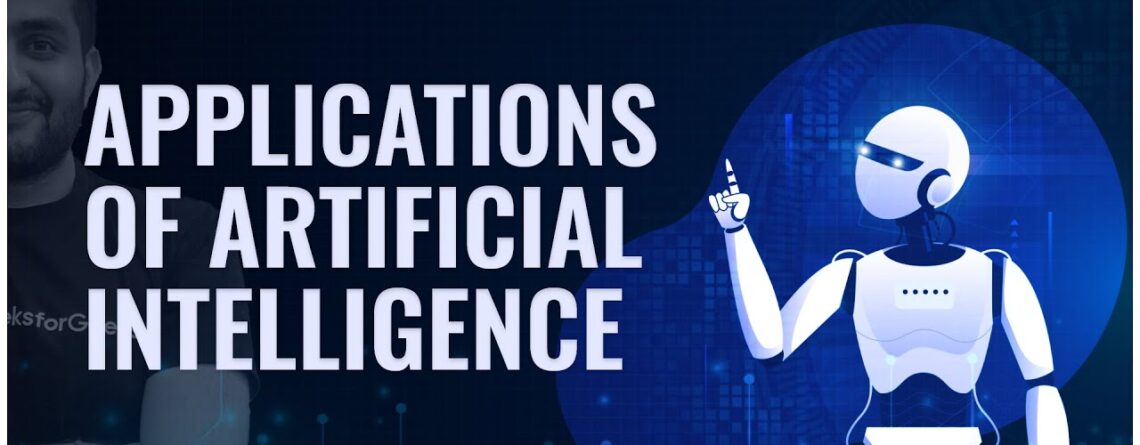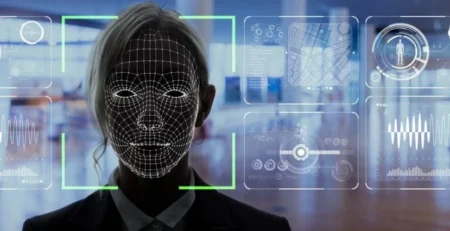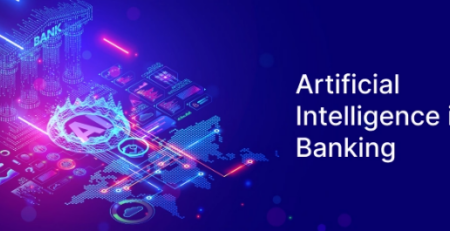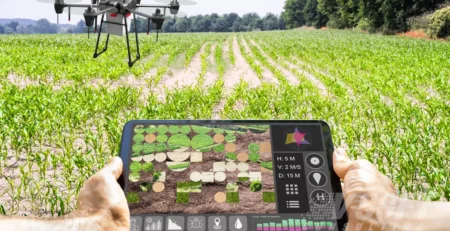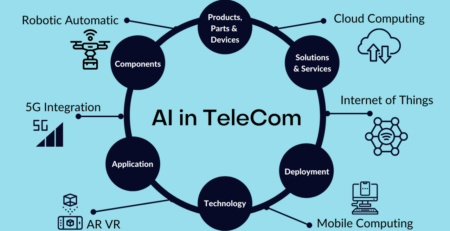AI Defined and Where it can be Applied
Artificial Intelligence (AI) refers to the simulation of human intelligence in machines that are
programmed to think, learn, and problem-solve. These systems can perform tasks typically
requiring human intelligence, such as understanding natural language, recognizing patterns,
solving problems, and making decisions.
Key Areas AI can be applied to:
- Healthcare:
o Medical diagnosis: AI can assist in diagnosing diseases from images (e.g., X-
rays, MRIs) or data (e.g., blood tests).
o Drug discovery: AI models can accelerate the identification of potential new
drugs and treatments.
o Personalized treatment: AI can help create personalized treatment plans based
on patient data. - Finance:
o Fraud detection: AI can identify unusual patterns in transactions to detect fraud.
o Algorithmic trading: AI systems can analyze market data and make trading
decisions.
o Customer service: Chatbots and virtual assistants can handle customer inquiries,
improving efficiency. - Transportation:
o Autonomous vehicles: Self-driving cars use AI to interpret sensory data,
navigate, and make decisions.
o Traffic management: AI can optimize traffic flow in smart cities.
o Logistics and supply chain optimization: AI helps in route planning and
demand forecasting. - Retail:
o Recommendation systems: AI powers personalized product recommendations
for customers based on previous behavior and preferences.
o Inventory management: AI helps businesses predict demand and optimize stock
levels.
o Customer service: AI chatbots and virtual assistants provide 24/7 customer
support. - Education:
o Personalized learning: AI can customize educational content to match the
learning styles and pace of students.
o Automated grading: AI systems can grade essays and other assignments, saving
teachers time.
o Intelligent tutoring systems: AI can help students with their homework and
provide feedback. - Manufacturing:
o Predictive maintenance: AI can predict when machinery is likely to fail and
schedule maintenance before issues arise.
o Quality control: AI vision systems can inspect products for defects.
o Supply chain optimization: AI can help optimize production schedules and
reduce waste. - Entertainment:
o Content recommendation: AI helps platforms like Netflix and Spotify
recommend shows, movies, and music based on user preferences.
o Game development: AI can create intelligent non-playable characters (NPCs) or
control in-game environments.
o Content creation: AI can assist in generating written articles, artwork, music, and
even movie scripts. - Agriculture:
o Precision farming: AI can optimize the use of resources like water and fertilizer,
improving crop yield.
o Crop disease detection: AI can analyze plant health using image recognition.
o Automated harvesting: Robots powered by AI can harvest crops autonomously. - Security:
o Surveillance: AI-driven cameras and systems can monitor areas for suspicious
activity or security breaches.
o Cybersecurity: AI detects unusual patterns in data to identify and counteract
cyber threats.
o Biometric identification: AI powers facial recognition and fingerprint scanning
systems for authentication. - Natural Language Processing (NLP):
o Language translation: AI can translate languages in real-time (e.g., Google
Translate).
o Text analysis: AI can analyze sentiment and extract information from large
amounts of text data.
o Speech recognition: AI powers virtual assistants like Siri, Alexa, and Google
Assistant.
These are just a few examples. As AI technology evolves, its applications continue to expand
across various industries, making processes more efficient and enabling new possibilities.

